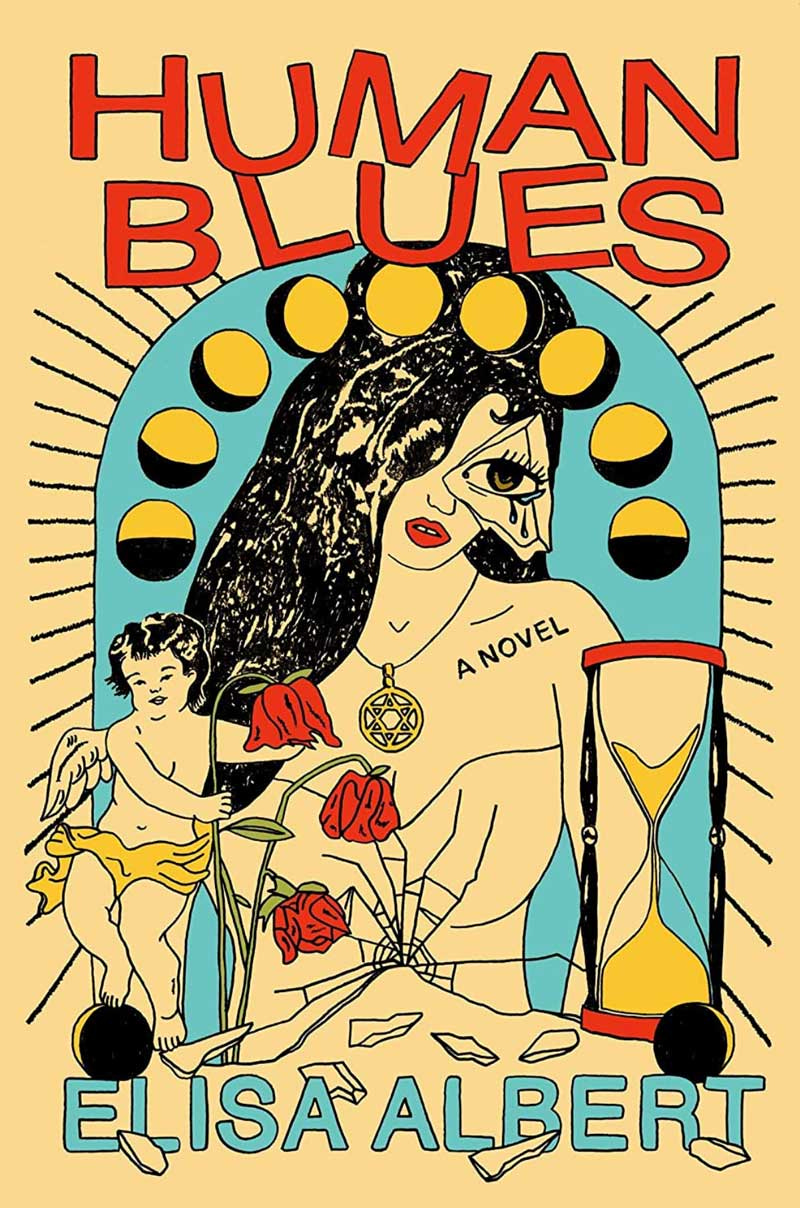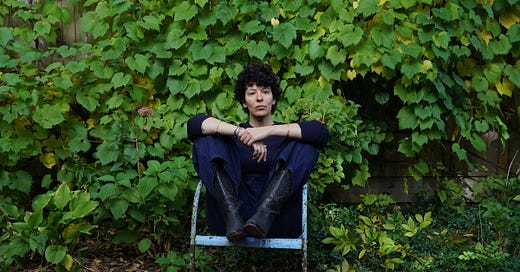
For the last seven years, the New York State Writers Institute has held an annual book festival at the University at Albany. It’s where notable authors come together and discuss big ideas like climate change, feminism, and immigration. But this year, the festival, which was held on Saturday, was disrupted because two authors refused to discuss their books with the panel’s moderator. Why? Because she is a “Zionist.”
The Zionist in question was Elisa Albert, a 46-year-old progressive feminist author whose novels—she’s written three of them—are dark comedies about subjects like modern motherhood and fame. She had agreed to moderate the panel months earlier, and she was looking forward to it. “I was going to be like a game-show host,” she told me in a phone interview. “Congenial and respectful. Have some fun in the process.”
But on Thursday afternoon, just as she was preparing to read the books by her fellow panelists, she received an email out of the blue from Mark Koplik, the assistant director of the Writers Institute. “Basically, not to sugar coat this, Aisha Gawad and Lisa Ko don’t want to be on a panel with a ‘Zionist,’ ” he wrote in an email shared with The Free Press. “We’re taken by surprise, and somewhat nonplussed, and want to talk this out.”
Albert was stunned. Though she described herself to me as “a proud Jew” who has been fiercely outspoken since October 7, there had been no hint of trouble in the months leading up to the festival. And the panel’s topic—“Girls Coming of Age”—seemed utterly benign.
But Aisha Abdel Gawad, a Muslim writer in her mid-30s whose novel Between Two Moons was published last year to considerable acclaim, and Lisa Ko, whose first book, The Leavers, was nominated for a National Book Award, were no longer willing to share the stage with a Jew who supports Israel. Unsure how to proceed, Koplik and the institute’s director Paul Grondahl contacted the third writer on the panel, the crime novelist Emily Layden who, according to Albert, told them she was dropping out as well because she wanted to avoid the controversy. (Gawad and Ko did not respond to emails, sent both to them and their literary agents, requesting comment. A request for comment was also emailed to Layden’s publicist, who did not respond.)

At that point the Writers Institute and the University at Albany, which administers the program, had to make a choice: They could publicly condemn the antisemitism displayed by Gawad and Ko and make sure the festival-goers were aware of what had happened. In a series of phone calls Thursday afternoon, Albert says she tried to convince them to do just that. Or they could capitulate to the bigotry by trying to sweep the whole thing under the rug, and listing the cancellation on the festival’s website as the result of “unforeseen circumstances.”
The institute chose the latter course. During one of her calls with Koplik and Grondahl, Albert pushed them to keep the event—but with three empty chairs. “Let’s deal with the truth of what’s going on,” she said she told them. “Why cancel me when two ignorant, bigoted people made the wrong choice?”


